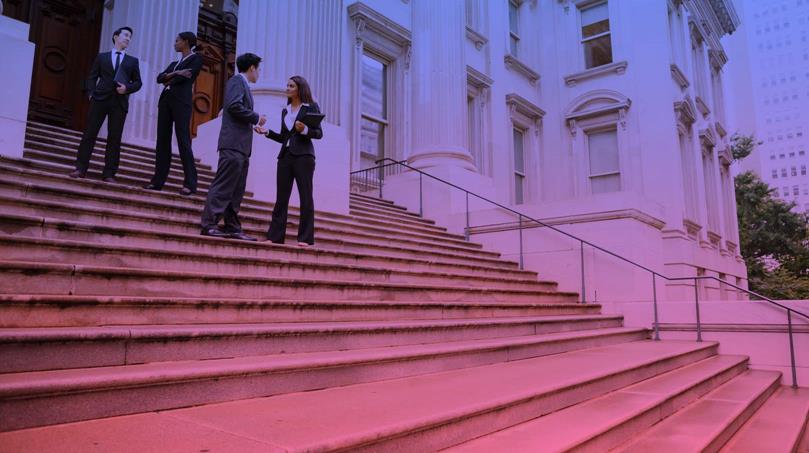It’s arguably the biggest HR job in the land, with 400,000 staff in every corner of the UK. However, after six years in the saddle, Rupert McNeil, the Government’s Chief People Officer (CPO) is moving on to pastures new. So who are potential runners and riders for the role, what sort of experience and capability do they need, and what should they expect in their inbox?
Rupert was an external hire from Lloyds Bank. Yet senior recruits into the Civil Service have a chequered history of ‘tissue rejection’ given the strong prevailing culture at the top. However, the Conservative administration has been vocal in their desire for reform and there is the (perhaps unfounded) perception that external stimulus is required for this. Potential suitors may therefore be found in regulated industries like the utilities, the nuclear industry or financial services. Whereas logical sources of internal talent would include large governments (e.g. DWP, HMRC, Home Office) the bigger arms-length bodies or associated organisations (e.g. Met Police, NHS, Prison Service).
Wherever they come from, candidates will need:
- Heavy-duty leadership skills, at scale. Many of the levers of power a typical CPO has are ‘rubbery’ in this role – they just don’t have control. Influence and persuasion will be key drawing on what specialists would call ‘system leadership capability’.
- To be a plate spinner. Rupert has had to deal with multiple crises, stand up new departments in months and be incredibly agile (remember the Brexit dept or merger of the foreign office and DFID?). All the while there is a need to keep the day job running.
- A shuffler. The centre of government is a deeply political place (small and large ‘P’). So the ability to get things done in a complex environment, whilst managing stakeholder relationships with some of the best minds in the country is far from easy.
- Reforming zeal. There are two key levers for Civil Service reform – technology and people. On the latter, there is arguably more work to do to increase capability, skills and shift the culture. The CPO is not just an enabler but a driver of this.
- Resilience in spades. Whoever ends up in the role will need to be able to handle the relentless pressure.
The brief is huge and Rupert leaves big boots to fill with HR responsibility for ca 400,000 Civil Servants in every corner of the UK. Those people touch our lives every day; from advising on the crisis in Ukraine to paying universal credit in Redruth, it’s almost unique in scope and scale. In terms of what comes next for his successor, three topics top the list:
- Deliver the core HR function. Hiring, firing and managing the full employee lifecycle remains key and a significant challenge in such a dispersed HR system. It is the day job.
- However, if that’s the only thing asked of the role it would be an opportunity missed. The Civil Service is a people business. Therefore the role of the CPO as a peer supporter and challenger to the top hundred most senior leaders, and ministers is equally key. It is here that their influence on climate and culture will be felt most keenly. For example, to accelerate progress with innovation, agility, pace and inclusion.
- Finally, there is an opportunity for the new CPO is to shape the future of the profession across the UK and beyond. By judiciously using the Government’s powers of convening, regulation and procurement, the potential for impact is significant. As an example, the people policies many suppliers now have to comply with are predominantly welcome and encourage reform of whole ecosystems.
Does it sound like your cup of tea? Whilst many might want to put their hat in the ring, the truth is few will have the basket of experiences, competencies, motives and values necessary. For those people though, there is the opportunity for a career-defining role of national importance. The UK needs the very best people doing these jobs and we wish the Civil Service every success in finding a suitable candidate.
